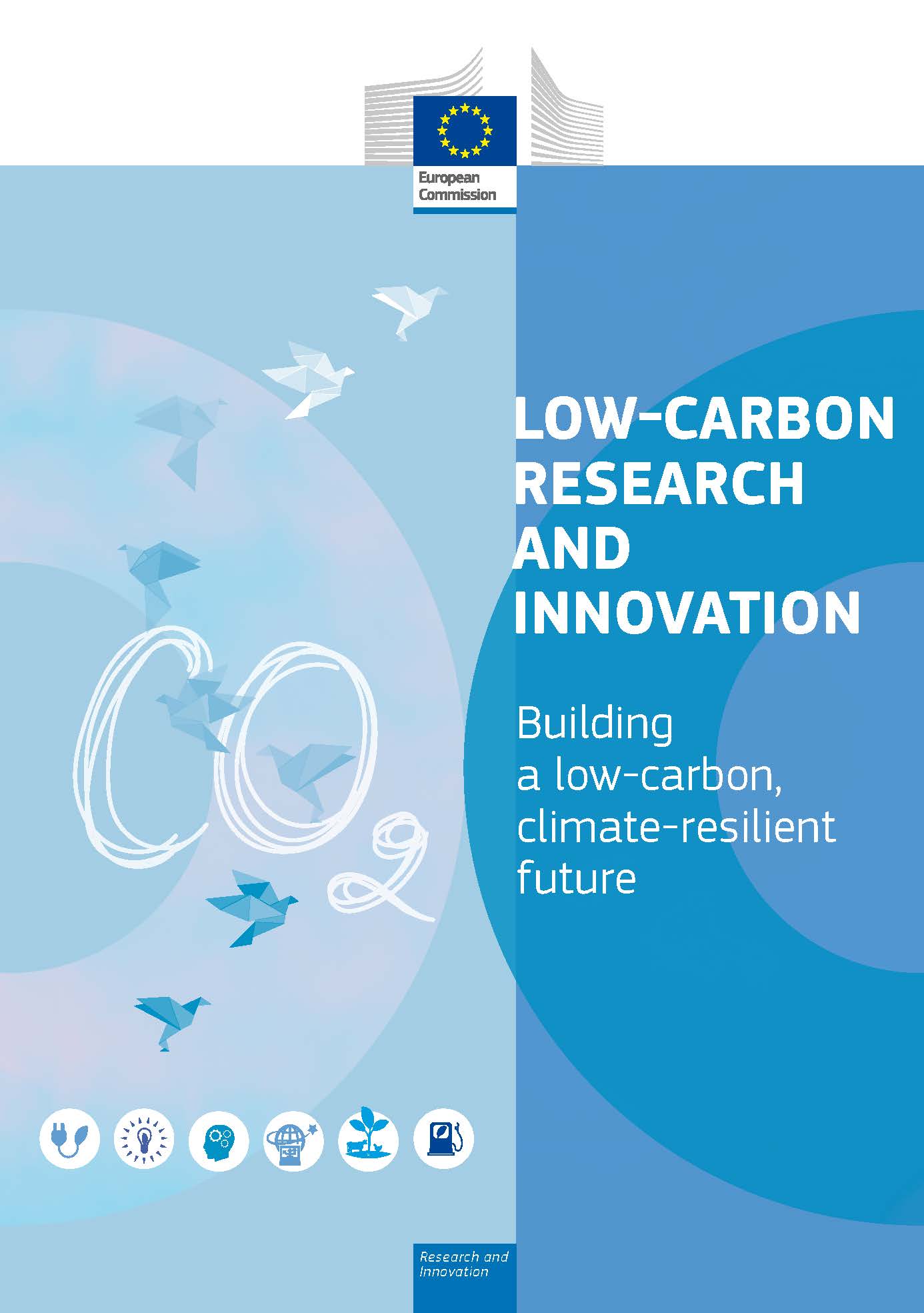- Rubrica
- Area riservata
- Esse3 Web
- Mappa
- A-Z
- Mobile
- Versione Desktop
- Grafica standard
- Alta leggibilitá
- Ateneo
- Organi di Ateneo
- Strutture dell'Ateneo
- Modello di Governance
- Amministrazione
- Associazioni e comitati
- Politiche e Strategie
- Statuto, regolamenti, normativa
- Bandi, concorsi e gare
- Delibere ed ordinanze
- Assicurazione qualità
- Sicurezza
- UNIVPM sostenibile
- Brand Identity
- Sponsorizzazioni
- DONA all'UnivPM
- Storia dell'Ateneo
- Didattica
- 5 passi per iscriverti a UNIVPM
- Corsi di laurea triennale
- Corsi di laurea magistrale
- Corsi di laurea a ciclo unico
- Master Universitari
- Scuole di specializzazione
- Corsi di Dottorato
- Corsi di Perfezionamento
- PA 110 e lode
- Contemporanea iscrizione
- Immatricolazioni, tasse, borse, lauree
- Bandi in scadenza
Focus Area - Climate
Building a low-carbon, climate resilient future
The Focus Area aims to develop solutions capable of achieving the carbon neutrality and climate resilience of Europe in the second half of the century, and to contribute substantially to similar achievements in neighbouring and development countries.
Expected impact
- translate into practice the Paris Agreement on climate;
- accelerated transformation towards carbon neutrality, through the co-design, co-development and co-deployment of technologies and services by researchers, entrepreneurs and citizens;
- enhanced climate resilience in Europe and beyond;
- long term mitigation and adaptation policy planning, deployment of technology to reduce emissions and enhanced climate change resilience in developing countries.
COMPONENTS OF THE FOCUS AREA
- + - LEIT - Nanotechnologies, Advanced Materials, Advanced Manufacturing and Processing, and Biotechnology
-
Key enabling technologies provide the basis for innovation in most of the crucial sectors for decarbonisation. Innovative advanced materials and nanotechnologies enable reliable, efficient and affordable energy production and storage solutions, which are indispensable for the electrification of road transport and the integration of sustainable energy production sources in the electricity grid.
Decarbonisation in the construction sector will target plus energy houses, the integration of smart materials in buildings, integrated storage systems, and the industrialisation and digitalisation of construction processes.
Budget €271 million
- + - LEIT - Space
-
Leadership in enabling and industrial technologies- Space
The work programme helps countries to evaluate the effectiveness of their CO2 emission reduction strategies by investing in novel space missions to acquire homogeneous and reliable datasets and to integrate those in advanced modelling systems for monitoring man-made CO2 emissions.
Budget €82 million
- + - SC2 'Food security, sustainable agriculture and forestry, marine, maritime and inland water research, and the bioeconomy'
-
In the agri-food and forest-based sectors, the work programme addresses the need to increase resilience to climate change by adapting farming and food systems, strengthening underpinning ecosystems, addressing emerging threats to food safety, while ensuring long-term food and nutrition security. In the marine and aquatic sectors, R&I is addressing the effects of climate change, pollution and invasive alien species on marine ecosystems, biological resources, fisheries and aquaculture in view of better managing their response capacities and resilience, including the development of the Arctic marine ecosystems.
Budget €203 million
- + - SC3 'Secure, clean and efficient energy'
-
Societal Challenge 3 'Secure, clean and efficient energy' (SC3):
The work programme aims to achieve the decarbonisation of the European energy system, while ensuring at the same time a more efficient energy use, a secure supply of energy, affordable prices and low environmental impact and climate resilience. The activities supported by SC3 aim at reducing the climate footprint of cities; improving the efficiency of the energy system; supporting energy consumers to play a more active role in the energy transition; enabling near-zero CO2 emissions from fossil fuel power plants and carbon intensive industries; and deepening the understanding of the Social Sciences and Humanities aspects of the energy transition.
Budget €1 953 million
- + - SC4 'Smart, green and integrated transport'
-
Societal Challenge 4 'Smart, green and integrated transport' (SC4):
The work programme aims to accelerate the decarbonisation of the transport system, by advancing electromobility and battery technologies. In addition, decarbonisation of transport also requires continuous advancements in energy efficiency of both vehicles and the way people and goods move, through innovative approaches for design and manufacturing, the use of alternative fuels, Intelligent Transport Systems and behavioural change.
Budget €408 million
- + - SC5 'Climate action, environment, resource efficiency and raw materials'
-
Societal Challenge 5 'Climate action, environment, resource efficiency and raw materials' (SC5):
Actions in this work programme aims to In-depth assessments of impacts, vulnerabilities and risks and solutions for disaster risk reduction and enhancing resilience of human systems and ecosystems and climate-proofing of assets, sectors and critical infrastructures in support of decision making , also through the development of climate services and the deployment of nature-based solutions. Attention is given to the Arctic’s prominent role in climate change.
Budget €426 million
- + - Climate action beyond this focus area
-
The integration of digital technologies is playing a central role towards climate action objectives, since ICT-enabled solutions are projected to be able to reduce EU carbon emissions. Similarly, smart manufacturing, smart buildings, smart energy and precision agriculture have great potential for carbon savings. Many synergies also exist with actions under the Focus Area 'Circular Economy', including the Sustainable Process Industries (SPIRE) initiative, since improving the efficiency and effectiveness of resource use (both primary and secondary) will help boost energy efficiency while also leading to a reduction in greenhouse gas emissions. Moreover, this work programme parts are in line with the priorities of the 'Accelerating Clean Energy Innovation'.
- CONTATTI:
-
Divisione Ricerca e Innovazione
Via Oberdan, 8 - 60122 Ancona
email: ricerca@univpm.it
tel.: +39 071 220 - 2246 - 2419 - 2355
fax: +39 071 220 2319




